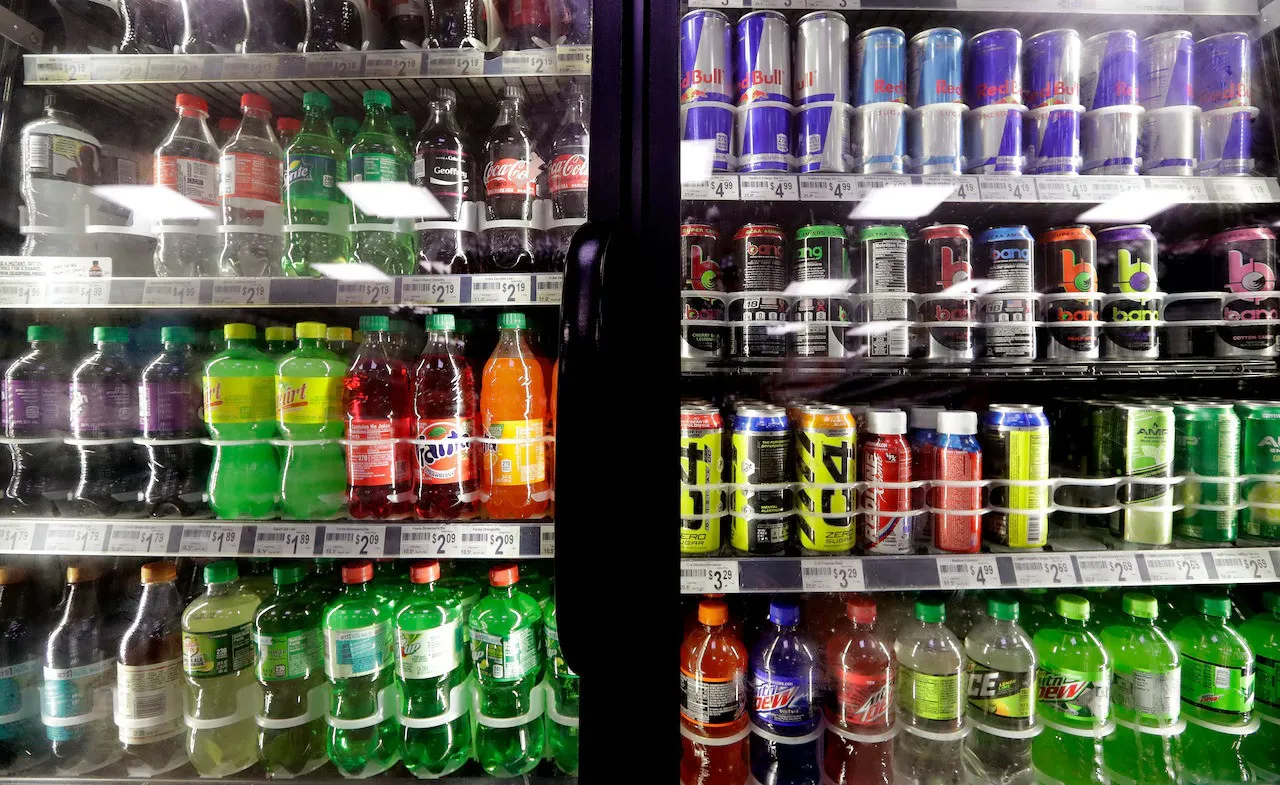A new initiative is unfolding in Ohio that could change how 1.4 million residents use their food stamps. Governor Mike DeWine, known for his cautious support of health care reforms, has created a special working group to pave the way for a ban on the use of the Supplemental Nutrition Assistance Program (SNAP) for purchasing sugary beverages. This move, aimed at combating obesity and related health conditions, has garnered both support and concern among experts, retailers, and social advocates.
This week, the newly formed working group, composed of senior officials, health experts, and industry representatives, will convene in Columbus to develop a federal request to waive existing SNAP regulations. This request, which must be submitted to the U.S. Department of Agriculture (USDA) by October 28, is a crucial step toward enacting a ban similar to the one recently approved in Indiana. However, the path to change has proven to be thorny, as DeWine vetoed an earlier legislative attempt to include this ban in the state budget, citing its excessive complexity.
"We’re not opposed to the idea of restricting low-nutrition foods," DeWine said at a press conference earlier this month, "but the language in the bill created more problems than it solved." His concerns reflect broader debates: how to balance public health concerns with the practical realities of administering a large-scale social program that affects a significant portion of Ohio’s population?
The Complex Mission of the Working Group
The working group, which includes key figures such as Matt Damschroder, Director of Ohio’s Department of Jobs and Family Services, and Bruce Vanderhoff, Director of the Department of Health, is tasked with providing recommendations by September 28 regarding the form and scope of the ban. Industry representatives are also involved, including Kimberly McConville from the Ohio Beverage Manufacturers Association and Christine Mallins from the Food Retailers Association. Their presence highlights the delicate balance between public health interests and economic realities in retail.
McConville, who shares Governor’s concerns about the draft language, expressed cautious optimism. "This working group has a chance to develop a sensible pilot program that includes clear metrics for evaluating health impacts and transparent accounting of costs," she said in an interview with Cleveland.com. Her words reflect a desire for an evidence-based approach, which is rare in a politically charged environment of social reform.
However, not all are so optimistic. Critics, including advocates for the rights of the poor, argue that restricting food choices within SNAP could stigmatize benefit recipients and complicate access to nutritious foods for low-income families. "It sounds like health concern, but in practice, it could become just another barrier for those already struggling to survive," said Sarah Jones, director of a local charity fighting poverty, who is not part of the working group.
Federal Challenges and Broader Context
The idea of banning sugary drinks in SNAP is not new, but it faces serious hurdles. USDA, which oversees the program, has historically been skeptical of such restrictions, citing administrative complexity and concerns over recipients’ freedom of choice. Approving such a ban in Indiana in May was a rare exception, and Ohio hopes to replicate that success. However, insiders say federal approval depends on a clear justification backed by data on health benefits and economic feasibility.
This initiative also reflects broader national debates about the role of government in regulating citizens’ diets. While some see banning sugary beverages as a necessary step in combating the obesity epidemic, others view it as paternalistic overreach. Research from the Public Decision-Making Center, represented in the working group by Rachel Keihill, indicates that sugary drinks account for a significant portion of calories consumed by SNAP participants but offer little nutritional value. Still, whether a ban will lead to real health improvements remains an open question.
What’s Next?
The first meeting of the working group will take place on Thursday at the Rhodes State Office Tower in Columbus, alongside another initiative by DeWine — a working group on property tax reform, which is also co-chaired by Pat Tiberi. This coincidence highlights the governor’s ambitious agenda, aiming to address health, economic, and social policy issues simultaneously.
Whether Ohio can successfully implement this ban depends on the group’s ability to navigate bureaucratic and political obstacles. For DeWine, whose administration often balances progressive reforms and conservative caution, this initiative is a test of his capacity to turn complex ideas into action. For Ohio’s 1.4 million residents dependent on SNAP, the implications could be much more profound — and not necessarily positive.


